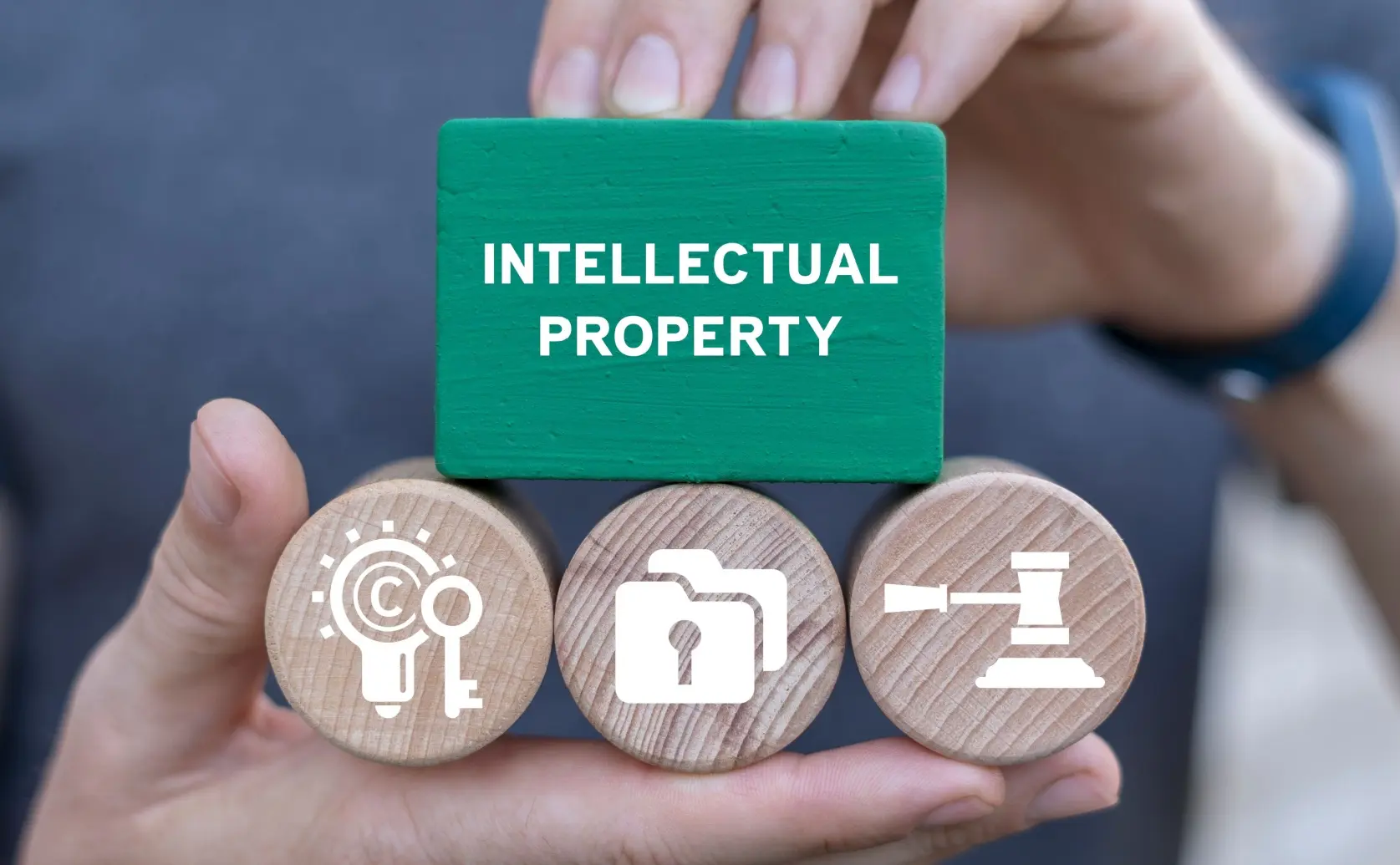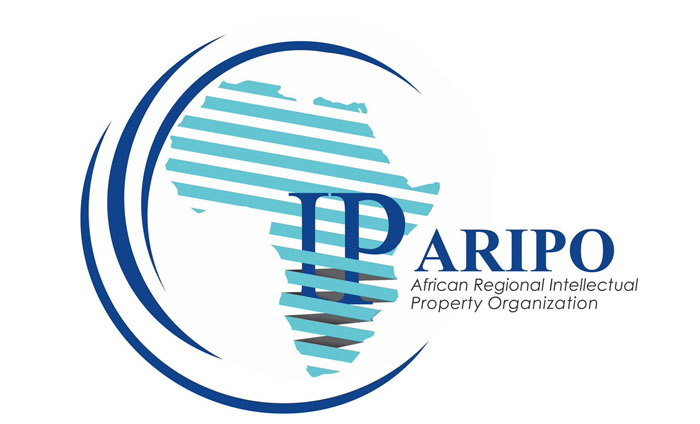
Tanzania: A Commentary on the Merchandise Marks (Recordation) Regulations, 2025
- Home
- Tanzania: A Commentary on the Merchandise Marks (Recordation) Regulations, 2025
- Admin
- No Comments
A Legal Brief
1. Legal Basis
The Merchandise Marks (Recordation) Regulations of 2025 (Government Notice No.
352F published on 30/6/2025) are made under section 25(2)(f) of the Merchandise
Marks Act (Cap. 85), which empowers the Minister to issue subsidiary legislation to
combat counterfeit goods. The Regulations are drawn to implement Section 11A of the
Merchandise Marks Act, which was introduced to the Act under the Finance Act, 2025.
They establish a mandatory recordation system with the Fair Competition Commission
(FCC) for all trademarks on goods to be imported into Mainland Tanzania. The new
requirement is set to take effect on 1st December 2025.
For the sake of clarity, it is pertinent to point out that recordation is distinct from trademark
registration under the Trade and Service Marks Act, Chapter 326, which remains under
the Business Registration and Licencing Agency (BRELA). The practicality of the two
processes lies in the fact that registration confers proprietary exclusive rights, while
recordation enables border enforcement and anti-counterfeit inspections.
2. What are the Positives of the New Requirement
Several regulatory and enforcement positives may arise from the implementation of
the new regulations. These include:
2.1. Enhanced Enforcement Capacity: By requiring importers to record trademarks,
customs, and FCC inspectors can easily verify the authenticity of goods and
block counterfeits at entry points.
2.2. Transparency: Creates a centralised FCC database of recorded trademarks linked
to import activities.
2.3. Consumer Protection: Prevents counterfeit goods that undermine consumer
safety and local industries.
2.4. Alignment with Global Best Practices: Similar recordal systems exist in Kenya
(Anti-Counterfeit Authority), China, and the US (Customs IP recordation).
2.5. Procedural Clarity: Regulations set timelines (as per Reg. 4(1) twenty-one (21)
days for determination and as per Reg. 4(2), five (5) days for the Chief Inspector
to communicate the decision to the applicant, hence making a total of 26 days),
clarity on information required in Form FCC 1 and FCC 2, a reasonable degree of
clarity in renewal rules, and penalties for false information.
3. Areas of Concern
Despite the positives, a close review of the Regulations suggests some legal and
operational setbacks could arise:
Tanzania: A Commentary on the Merchandise Marks (Recordation) Regulations, 2025A Legal Brief
3.1. Duplication with Trademark Registration:
Businesses must first register trademarks in the jurisdiction of their choice (Reg. 3(2)
(a)), then record them separately with the FCC. This dual compliance increases costs
and administrative burdens.
3.2. Short Validity Period:
In terms of Regulation 5(2), the recordation lasts only one year; thus, it would require
frequent renewal, which may be costly and cumbersome for importers, particularly
those with small-sized businesses. Notably, in other jurisdictions, such as Kenya, the
same timeframe for renewal applies.
3.3. Costs:
While the prescribed recordal fees are fairly affordable, the fact that renewal is done
annually (Reg. 5(2)) and each class of trademark registration must be recorded separately
(the proviso to Reg. 3(2)) may translate into significant expenditure to importers with a
big trademark portfolio.
3.4. Sphere of Application:
Considering the intellectual property and competition landscape in Tanzania, which has
a dual regulatory framework in Mainland Tanzania and Zanzibar, the new requirement
will only apply to Mainland Tanzania. Zanzibar has its own trademark legal structure
under the Business and Property Registration Agency (BPRA) and, for competition, the
Zanzibar Fair Competition Commission (ZFCC), which could lead to potential market
distortions and confusion. What if goods are imported through Zanzibar and then later
transported to the Mainland of Tanzania? Will the FCC treat such goods as imports?
Given the current architecture of the Recordal Regulations, it seems that as long as
goods are subjected to customs declaration in Mainland Tanzania, the new recordal
requirement will apply. Admittedly, these are still grey areas that will be tested when the
new requirements are implemented.
3.5. Capacity Issues:
Currently, the FCC may lack adequate ICT systems and trained inspectors to handle a
high volume of recordal applications and cross-checks at border points.
3.6. Trade Delays:
Imports may risk clearance delays if recordation data is incomplete or mismatched.
Tanzania: A Commentary on the Merchandise Marks (Recordation) Regulations, 202
3.7. Legal Uncertainties:
The Regulations are silent on the institutional collaboration between BRELA, FCC, and
the Customs Authorities. Furthermore, the regulations are silent on the grounds for
refusing an application for recordal. Ideally, one would have expected the FCC to reject
an application if the mark is registered in Tanzania by another proprietor at BRELA.
In the absence of system coordination and integration, the FCC will hardly be able to
detect a registration at BRELA. During the interview, FCC confirmed that the process is
underway to develop an integrated system between FCC, BRELA, and Customs.
4. Implementation Challenges
There are likely to be several implementation challenges:
4.1. Institutional Overlaps:
Ambiguity between the legal mandate of the FCC (recordation/enforcement) and
BRELA (registration/proprietary rights).
4.2. Awareness:
Traders (Importers) and local agents may not understand the practical distinction
between registration and recordation.
4.3. Resource Constraints:
FCC must urgently build its ICT infrastructure capacity for database management
and coordination with BRELA and the customs authority.
4.4. Legal Uncertainty:
Potential challenges from traders arguing that recordation duplicates or indirectly
restricts their trademark rights. Lack of clarity regarding the treatment of imports
that enter the Tanzania Mainland through Zanzibar.
5. Institutional Collaboration
For the new requirement to function seamlessly, it is pertinent to have a defined,
formalized institutional collaboration between the following institutions:
5.1. FCC and BRELA Coordination:
Develop a shared IP database or information exchange protocol to avoid
duplication.
Tanzania: A Commentary on the Merchandise Marks (Recordation) Regulations, 2025A Legal Brief
5.2. FCC & TRA (Customs):
Seamless integration of recordation with customs clearance systems for border
enforcement.
5.3. FCC & Business Community:
Engagement with importers, national chambers of commerce, and trademark
agents to raise awareness.
5.4. FCC & Zanzibar BPRA:
Although Zanzibar is outside this system, harmonisation discussions could
reduce cross-border inconsistencies within Tanzania.
5.5. Judiciary & Enforcement Agencies:
Training judges, magistrates, and enforcement officers on recordal-related
disputes.
6. Recommendations
As a way forward, the following intervention may be considered:
6.1. Extending recordation validity beyond one year to reduce administrative burden.
6.2. Developing a single-window platform linking BRELA registration and FCC
recordation.
6.3. Launching nationwide sensitisation campaigns before July 2025.
6.4. Introduce tiered fees (lower for SMEs) to reduce compliance costs.
6.5. Build capacity at FCC and TRA(Customs) to avoid trade disruptions at borders.
7. Conclusion
The Recordal Regulations represent a significant step in Tanzania’s efforts to combat
counterfeit goods by enhancing border enforcement. However, without careful
coordination between the FCC, BRELA, and customs, and without considering the
practical burdens on traders, the system could become repetitive and unwieldy – hence
a potential non-barrier to cross-border trade. The success of the recordal requirement
will depend on institutional collaboration, digital integration, and intensive awareness
among stakeholders prior to the effective date.
Tanzania: A Commentary on the Merchandise Marks (Recordation) Regulations, 2025
A Legal Brief
Disclaimer:
This legal brief summarizes our reflections on the recently promulgated Merchandise Marks
(Recordation) Regulations of 2025. It is not intended to serve as legal advice for any specific
case you may be dealing with. For tailored legal guidance, please consult your preferred
attorney or the undersigned.
Prepare by:
Prof. Saudin J. Mwakaje,
Partner, NexLaw Advocates,
Email: smwakaje@nexlaw.co.tz, info@nexlaw.co.tz
Tel. No: +25522213567, Cell: +255754 300132
Website: www.nexlaw.co.tz



Leave A Comment